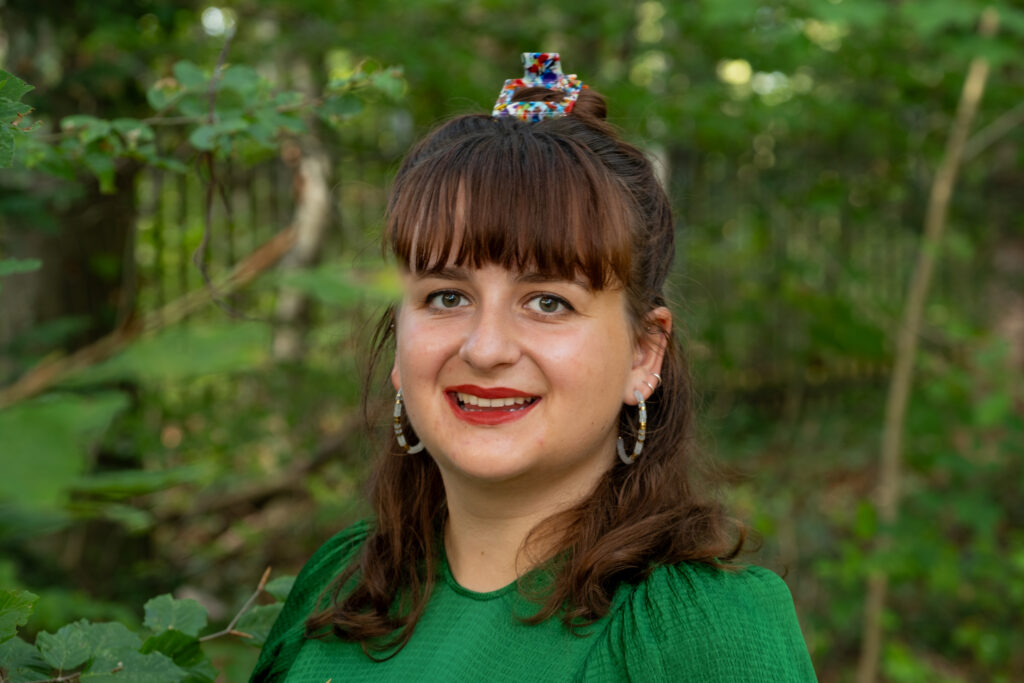This is the introductory blog article for a four-part blog series created with masters students receiving a Hirschmann foundation scholarship. The goal for the multidisciplinary group of future decision-makers was to develop visions on where sharing economy approaches could be implemented to improve our society as a whole.
At a time when climate activists block roads, environmental scientists warn society of drastic consequences if we do not change the way we live, and other inequalities beyond the subject of the climate crisis are still omnipresent, sharing economy seems to present one pathway to encounter these current global thematics. Sharing economy can be defined as a type of economy where the production or consumption of goods is shared with peers or the society as a whole. Coworking spaces, peer-to-peer learning programs and carsharing are just a few examples of how the sharing economy mindset is already integrated into our daily lives today.
On a broader scale, sharing economies are a promising avenue to help reach some of the UN Sustainable Development Goals (SDGs), that aim to serve as a « shared blueprint for peace and prosperity for people and the planet, now and into the future”. SDGs No.4 “Quality Education”, No.11 “Sustainable Cities and Communities” or No.12 “Responsible Consumption and Production” are all dependent on people within societies giving and taking material and immaterial things (e.g. a person gives her expertise in a certain domain and gets education in another domain). Thereafter, it is a globally relevant question if, and if yes, how we can make use of the concept of sharing economy in order to reach a more sustainable and equitable society.
Empowering the younger generation to redesign our social and economic life
As today’s children and youth will form the core of future societies, they will be most impacted by the decisions and actions taken in the present. That is why younger generations should be empowered as active agents that think about forms of economies that are more sustainable, while at the same time taking responsibility for the society they wish to live in. It is therefore crucial that young people from different walks of life, social standings and academic backgrounds are involved in decision-making and take ownership when it comes to developing holistic solutions for current and future societies.
This is exactly the approach pursued in a joint project by foraus, the Hirschmann foundation and the Lucerne University of Applied Sciences and Arts (HSLU). Throughout the autumn semester, 27 excelling masters students granted the Hirschmann Scholarship at Swiss Universities of Applied Sciences ideated on new application potentials for sharing economies. The goal for the multidisciplinary group of future decision-makers was to develop visions on where sharing economies could be implemented to improve our society as a whole. The fundamental question explored in a kick-off workshop moderated by foraus was: “What could we share radically in the next five years that would make the world a more sustainable and equitable place for our grandchildren?” During the workshop the grant holders first gathered different fields of society where sharing economy approaches could be applied to make lived realities for humans more inclusive, sustainable and efficient.
Digital collaboration across disciplines and countries
After the workshop, the cohort continued to develop their ideas into blog articles on Policy Kitchen, the collaborative ideation platform co-developed by foraus. Throughout these months, building on the lively discussions from the workshop evening, the 27 authors came up with three blog posts about their visions of how sharing economies can help us to create a more sustainable and equitable world for future generations.
The results are well worth the read: three differentiated blog articles capture the perspective of young people with different backgrounds, encompassing the desires, problems and goals of sharing economies in three different areas of life.
Leisure for People and the Planet, analyses affordability, accessibility, and sustainability as three major factors for leisure activities, and how they could be improved through different forms of sharing.
Sharing Economy Entering the Service Market of Education, identifies potential for furthering knowledge sharing through measures such as universal internet access, virtual education platforms, innovative teaching methods and alternative forms of knowledge-production.
Family Beyond Blood Relations: Care Work as a Community Service, demonstrates how sharing know-how, responsibilities and time resources beyond the nuclear family unit presents a great potential to overcome current problems such as overcrowded medical institutions, missing support in communities, social isolation and inaccessible care knowledge.
We thank the Hirschmann foundation for their kind support of this four-part blog series on sharing economies.
Cover Image: Linn Nora Henz (2023)





